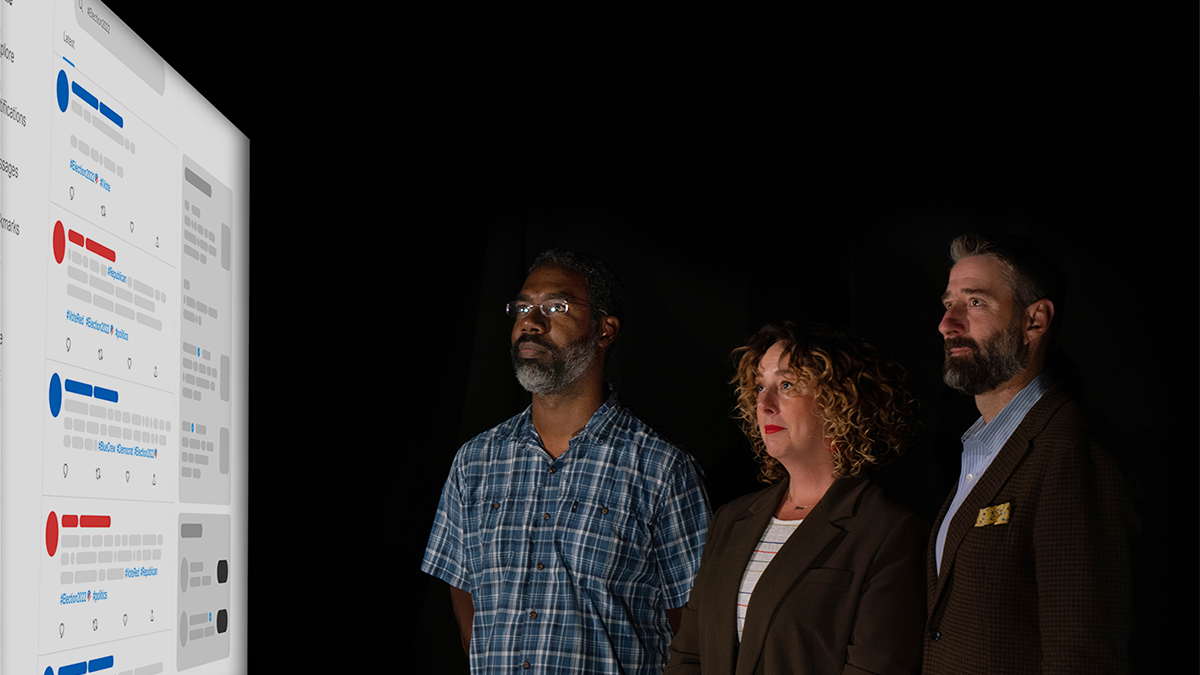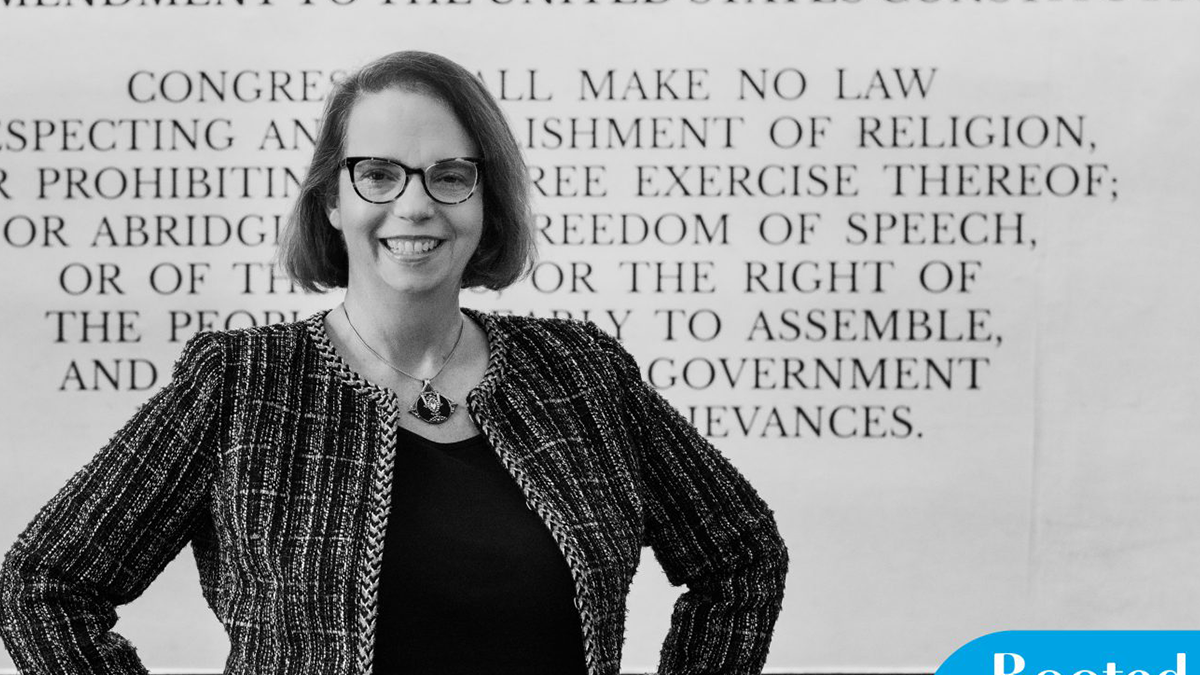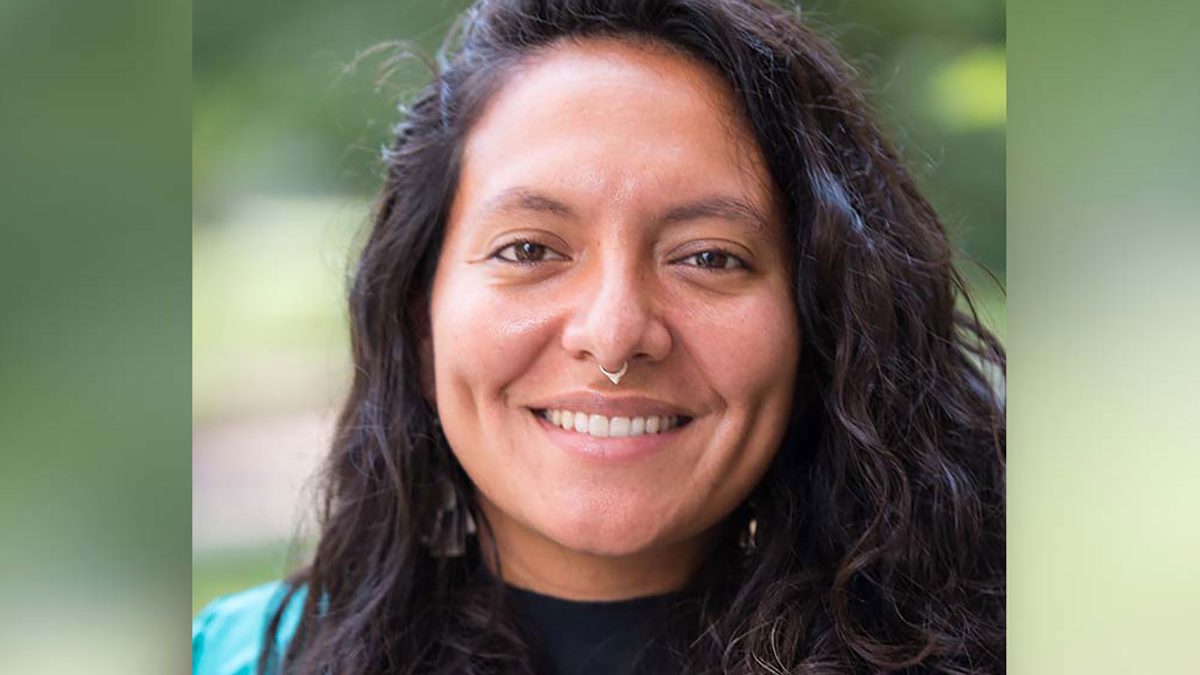Democracy in the Digital Age
Published on December 22, 2022Carolina researchers are helping us understand our digital political spheres

Carolina researchers are helping us understand our digital political spheres
Many of us associate social media and technology in the U.S. with politics, but researchers at UNC-Chapel Hill’s Center for Information, Technology, and Public Life (CITAP) are framing the issue differently by diving into how politicians advertise on social media platforms and how users consume political content, among other related topics.
CITAP researches and produces resources to combat the oversimplification by “complicating, enriching, and nuancing the simplistic narratives around the role of technology and politics in society,” said Shannon McGregor, a senior researcher with CITAP and assistant professor within the UNC Hussman School of Journalism and Media.
Both good and bad come from platforms such as Facebook and Twitter, and the lines between the two often blur and intertwine. But the issues that involve social media and politics are not as simple as polarization.
“The Black Lives Matter movement would not have been possible without social media,” said Daniel Kreiss, a principal researcher with CITAP and Edgar Thomas Cato Distinguished Professor at UNC Hussman. “But, political parties can take advantage of the platforms.”
“Platforms shouldn’t be solving for polarization,” said McGregor. “They should be solving for equity.”





